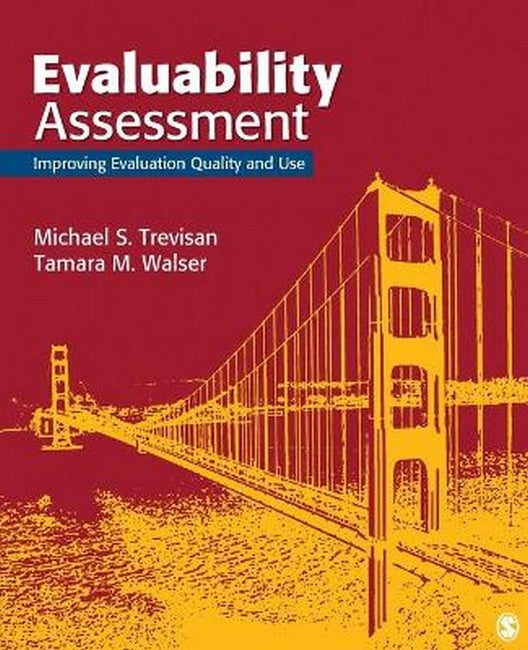Dr. Mike Trevisan is the dean of the College of Education and professor of educational psychology at Washington State University, where he has worked for 26 years. Dr. Trevisan has been principal investigator or co-principal investigator on many grants and contracts that require evaluation and has obtained more than $8 million in external funding. Dr. Trevisan is widely published in the field of evaluation and is often tapped as a consultant in the planning, development, and implementation of evaluations at both the local and national levels. He has provided evaluation workshops to K-12 school districts, state agencies, universities, nonprofit groups, the United Nations Population Fund, and professional meetings. His recent work focuses on the development of evaluation capacity internationally. To this end, he has provided evaluation workshops to students, faculty, and practitioners in several countries including India, Italy, and Thailand. In 2018, he received a Fulbright specialist award to Korea to help develop evaluation capacity among K-12 school counselors. Dr. Trevisan co-authored the book, Evaluability Assessment: Improving Evaluation Quality and Use, published in 2015. Dr. Tamara Walser has worked in the evaluation field for more than 25 years. She is a professor in the department of Educational Leadership at the University of North Carolina Wilmington where she coordinates the Evaluation and Organizational Learning M.S. degree and Evaluation post-baccalaureate certificate program; she teaches courses in evaluation, inquiry methods, and academic writing. Dr. Walser previously worked as an evaluator in non-profit and for-profit organizations. She has served as Principal Investigator, Co-Principal Investigator, Project Manager, Lead Evaluator, and as an Advisory Group member on numerous grants and contracts focused on evaluation; and has presented research and training on evaluation nationally and internationally. She co-authored the book, Evaluability Assessment: Improving Evaluation Quality and Use, published in 2015. Dr. Walser obtained a Ph.D. in Research and Evaluation and a M.S. in Instructional Design and Development from Utah State University; she earned a B.A. in French from the University of North Carolina at Charlotte and began her professional career as a French teacher.
Request Academic Copy
Please copy the ISBN for submitting review copy form
Description
PREFACE 1. The Evaluability Assessment Story 2. Evaluability Assessment and Program Evaluation 3. Introducing Our Evaluability Assessment Model 4. Focusing the Evaluability Assessment 5. Developing an Initial Program Theory 6. Gathering Feedback on Program Theory 7. Using the Evaluability Assessment 8. Additional Considerations
The most impressive aspect of this book is that it positions EA as an approach that perfectly fits within the current philosophical views on program evaluation.... The authors do a great job connecting these theories to practice, and provide good guidelines. -- Sebastian Galindo-Gonzalez This book is focused on one very important topic in the scope of program evaluation content. It establishes the foundation for a variety of applications: impact assessment, program development, and formative evaluation. This text provides new insights and methods for conducting evaluability assessment. -- S. Kim MacGregor The book is written in a very readable style, is well organized and referenced. I like the inclusion of case studies, guidelines for actually doing EA, and the extensive discussion of its alignment with other models of evaluation process. -- Iris Smith One of the strengths of the book is that it provides a much needed new take on EA... Trevisan and Walser do a credible job in describing the resurgence of EA in recent years and its purposes beyond being simply an evaluator's first step before embarking on an evaluation. -- Sandra Sellick, Ed.D.

